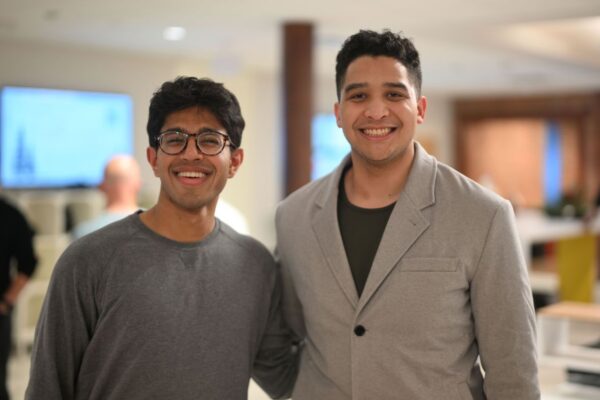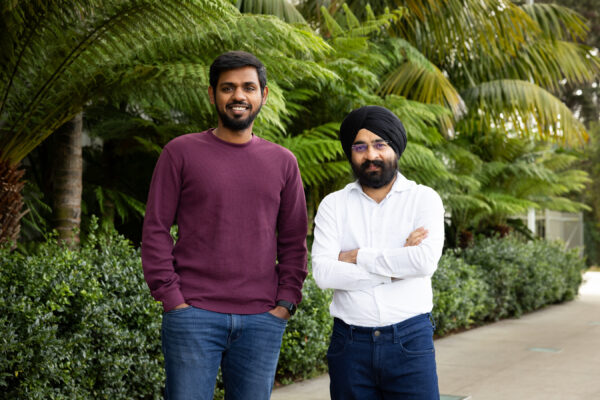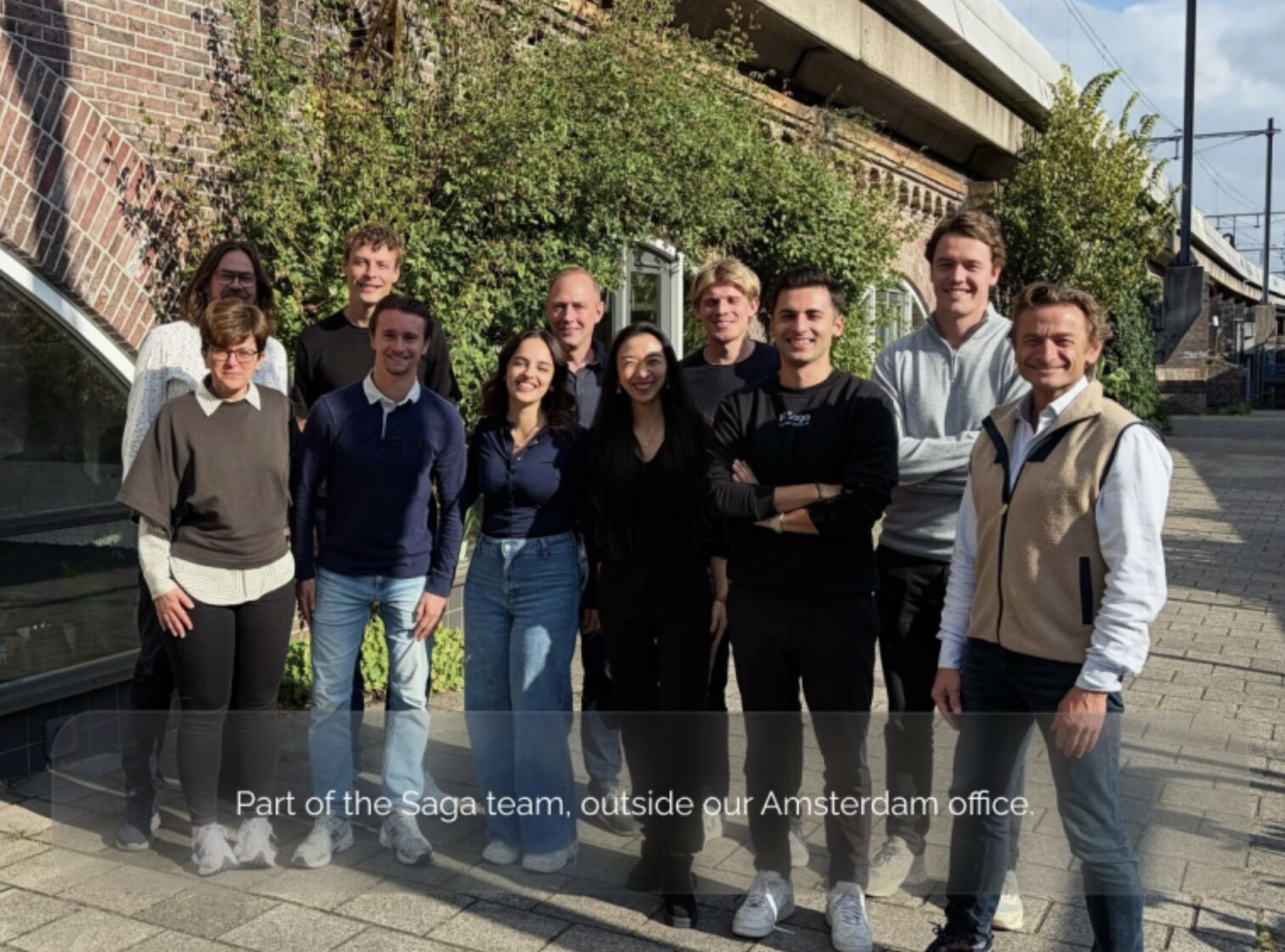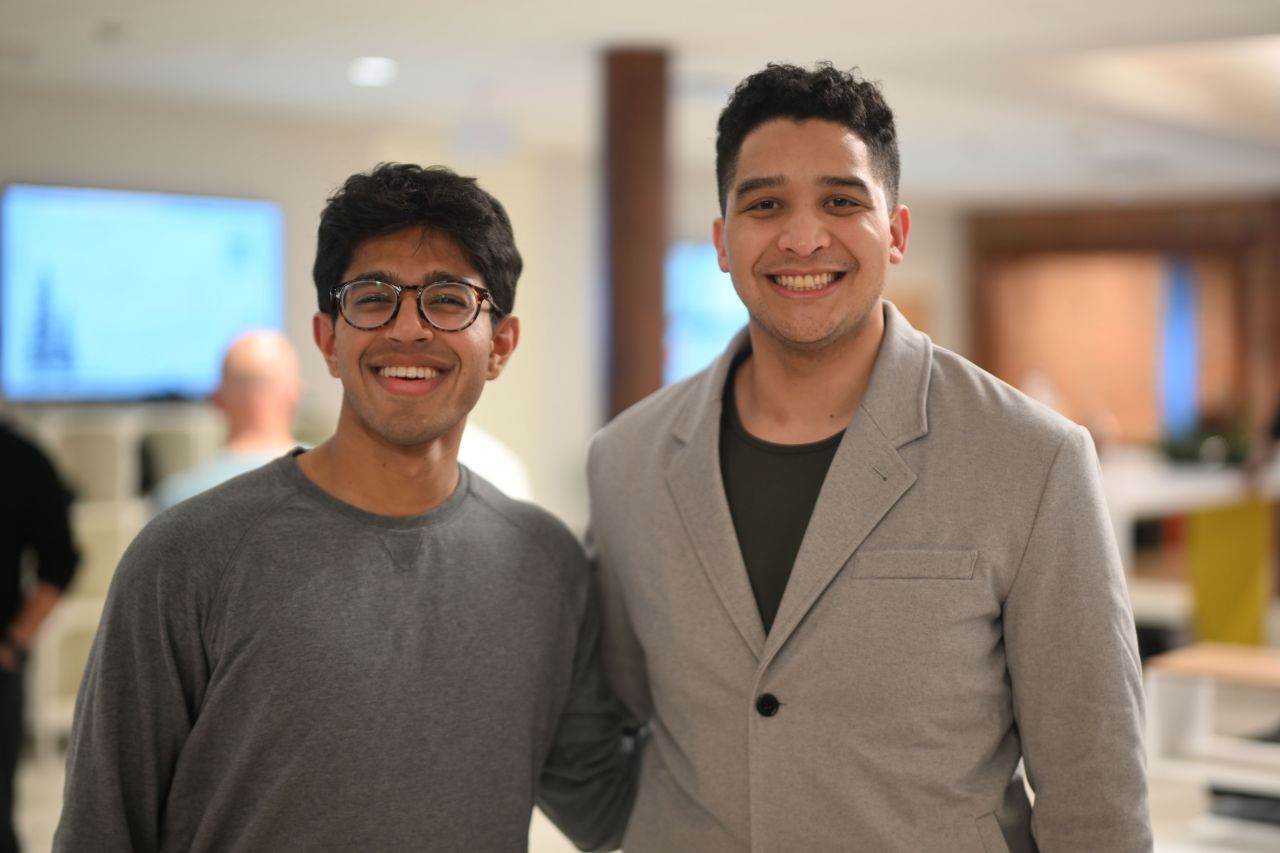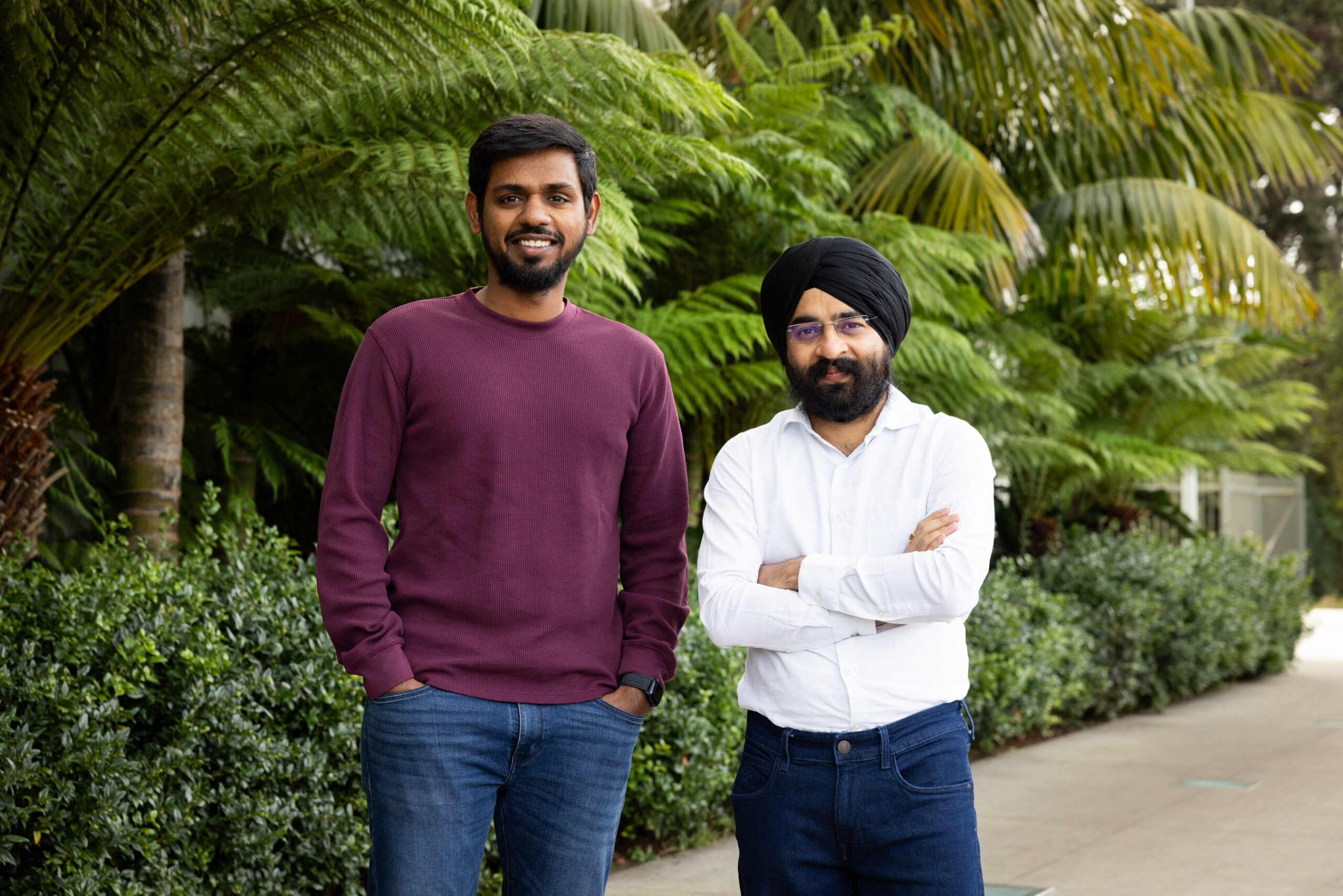In a bold move that underscores its ambitions beyond the Dutch border, Saga, an Amsterdam-based legaltech startup, has raised €1.5 million in seed funding to accelerate its expansion across Europe and Latin America. The investors — a consortium of Dutch and Norwegian backers — have chosen to stay unnamed.
Launched just last year, Saga is already showing signs of being a quiet disruptor in legal AI — not with bravado, but with focused execution. With over 150 law firm clients in 10 European countries, and first entries into Brazil and South Africa, the company is quietly building a cross-border legal AI platform tailored for legal professionals — not just tech enthusiasts.
“We are proud to have successfully launched a robust AI platform for legal professionals and won law firm clients in ten European countries without relying on outside funding,” said Bosse Langaas, Co-founder and CEO of Saga. “The funds raised in this seed round will support product innovation and international expansion.”
The Tools Built for the Lawyer, Not the Lab
Saga’s products include a web platform, a newly launched Word add-in, and a structured training program to help law firms convert traditional processes into AI-enabled workflows. These tools aren’t just plug-and-play models; they’re built in collaboration with legal professionals, ensuring contextual understanding and regulatory compliance.
At the heart of the company’s growth strategy are two core offerings:
Saga Enterprise: Designed for mid-sized and large law firms needing scalable AI infrastructure.
Saga Solo: Tailored for individual lawyers and small practices with specific use cases and simpler adoption paths.
The company’s platform goes beyond generic AI assistants by incorporating custom legal roles, integrated legal research tools, and agentic workflows that help lawyers act, not just search. The goal isn’t to replace lawyers, but to make them faster, more accurate, and better informed.
“Many mid-sized firms and local champions lack the internal talent to lead GenAI adoption,” explained Remco Visser, Co-founder of Saga. “That’s why our Amplify department focuses on change management and training — enabling lawyers to transform processes, not just digitise them.”
Bootstrapped Beginnings, Global Vision
Founded in early 2024 by Langaas and Visser, Saga started with a bootstrapped model and operated with what they describe as a “one-month runway” for much of their first year. That pressure forced intense focus on sales, product fit, and user experience. It also gave the team a chance to test the product in multiple jurisdictions, with real-world feedback from real-world firms.
Saga’s remote and distributed team stretches across Norway, the Netherlands, Italy, Switzerland, Spain, Turkey, South Africa, and Peru — a clear signal that the company was built with international markets in mind from the very beginning.
Editorial View: Why Saga’s Model Is Hitting the Right Notes
Unlike many flashy GenAI startups built around abstract use cases, Saga is pursuing a quietly effective strategy:
Start small. Win clients. Go global.
There’s a clarity in their market segmentation — focusing on mid-sized firms and small practices, the exact group that lacks the internal resources to adopt GenAI but has the most to gain from it. By combining AI tooling with hands-on enablement (through their Amplify training), they reduce the biggest friction point in B2B SaaS today: user adoption.
Additionally, their bootstrapped-to-funded trajectory speaks volumes about internal discipline. It’s easy to scale with capital; it’s far harder to scale with constraint. That constraint has led them to build something that the market is not just willing to try — but willing to pay for.
What also sets Saga apart is its realism about the legal industry: that law is process-driven, slow to change, and deeply dependent on precedent and jurisdictional nuances. Building with and for lawyers — rather than in spite of them — is not just a smart design choice. It’s a smart business one.
As Langaas puts it: “Putting my Norwegian modesty aside for a moment, I genuinely believe we have a superior concept for medium-sized law firms and local champions.”
If the team can continue delivering high-quality, deeply integrated tools while localising across complex legal systems, Saga could become a category-defining company in legal AI — not the loudest voice, but perhaps the most credible one.
If you need further assistance or have any corrections, please reach out to editor@thetimesmag.com.

